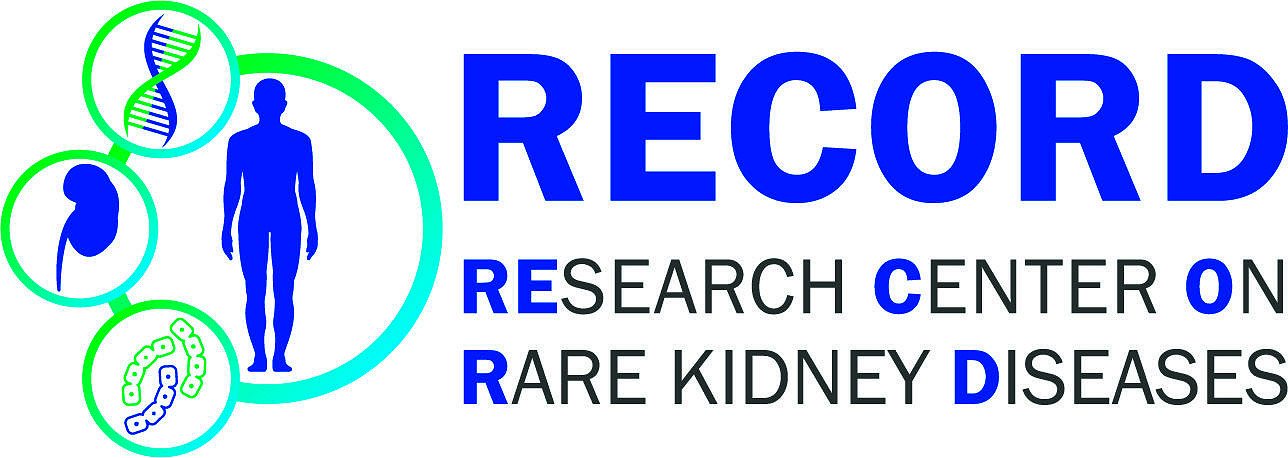 Project 1: Colonization status of pediatric Patients with Oxalobacter formigenes suffering from Crohn’s disease and enteric hyperoxaluria
Project 1: Colonization status of pediatric Patients with Oxalobacter formigenes suffering from Crohn’s disease and enteric hyperoxaluria
Project 2: Human genetic work up of pediatric patients with rare kidney diseases
Wissenschaftliches Arbeitsprogramm (Abstract)
As a clinical scientist in the RECORD program, I will focus on two separate projects. On the one side I will, in collaboration with my colleagues from the department of pediatric gastroenterology of the university of Erlangen/Nuremberg and the institute of human genetics of the university of Erlangen/Nuremberg, investigate the colonization status of Oxalobacter formigenes in pediatric patients suffering from Crohn’s disease. Oxalobacter formigenes seems to play a central role in the pathophysiology of enteric hyperoxaluria. A decolonization is correlated with an increase in renal excretion of oxalic acid. It is still unclear, when this decolonization begins. The disease of enteric hyperoxaluria can lead to recurrent kidney stones, nephrocalcinosis or even terminal renal
insufficiency.
Hence, the aim of my study will be to investigate the colonization status of pediatric patients suffering from Crohn’s disease in comparison to healthy controls. At the same time I will take a closer
look on the correlation with parameters of the oxalate metabolism. In a second step, I want to investigate if a substitution of oxalobacter formigenes can lead to a persistent recolonization and if this will change the parameters of oxalate metabolism.
A second aspect of my work as a part of the RECORD program is the genetic work up of pediatric patients with rare kidney diseases, e.g. congenital urinary tract abnormalities, hyperoxaluria, Nephrocalcinosis or focal segmental glomerulosclerosis. This will take place in close collaboration with the institute of human genetics of the university of Erlangen/Nuremberg. By identification the genetic cause of these cases, we hope to get detailed insights in.
